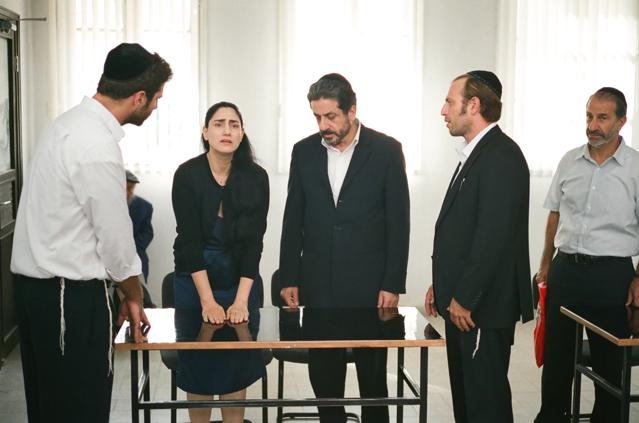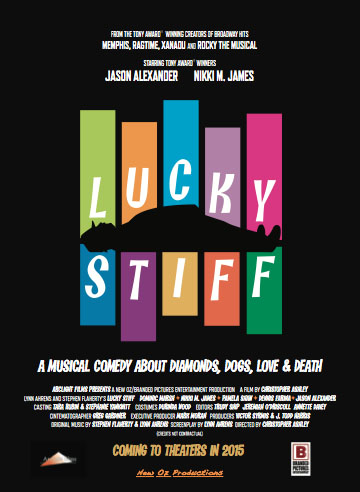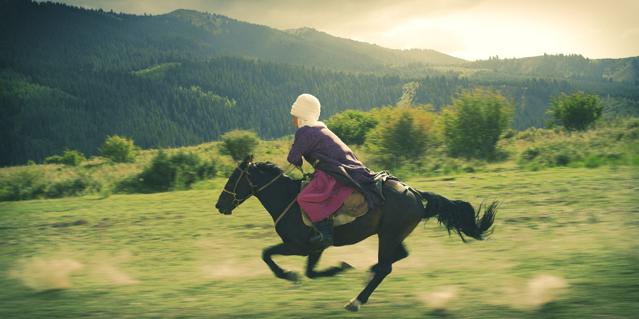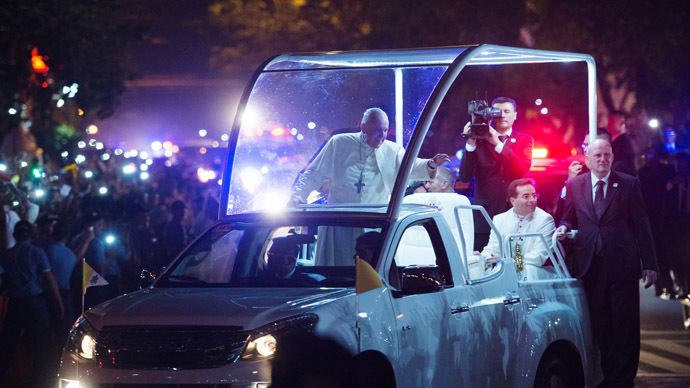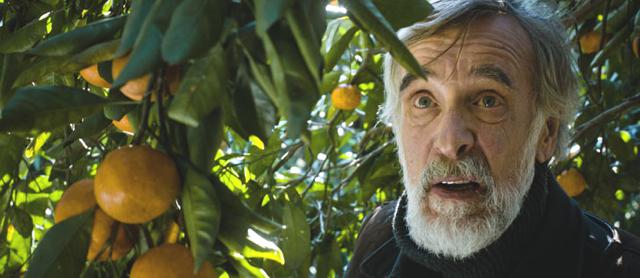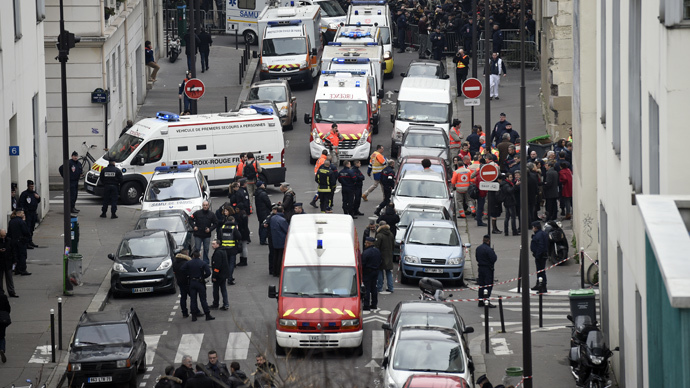
For all those cineastes who miss seeing work from the likes of Eugene Ionesco and Samuel Beckett, and the rest of the “theatre of the absurd” gang, take heart. The new Israeli dark dramedy film “Gett: The Trial of Viviane Amsalem” is a worthy semantics-laden candidate to warm the cockles of your heart.
The melodrama cleverly written and directed by the brother-sister team of Ronit Elkabertz and Shlomi Elkabertz introduces to non-Israeli audiences the complicated nature of its legal system concerning marriage and divorce. In theocracies, religious law trumps all varieties of civil law procedures that are common in most other countries. In Israel there is neither civil marriage nor civil divorce. Only rabbis can legitimize a marriage or a dissolution. But this dissolution is only possible with the full consent of the husband (oh,oh), and herein lies the story and plotline of the movie.
 The film opens in a courtroom setting where Viviane Amsalem (Ronit Elkabertz) has been applying for a divorce from her husband Elisha (Sasson Gabai) for three years. She is represented by her lawyer Carmel Ben-Tovim (Menashe Noy), who presents her case and legal papers to a three rabbi tribunal led by head rabbi (Eli Gorenstein). These three gentlemen will eventually adjudicate Viviane’s petition
The film opens in a courtroom setting where Viviane Amsalem (Ronit Elkabertz) has been applying for a divorce from her husband Elisha (Sasson Gabai) for three years. She is represented by her lawyer Carmel Ben-Tovim (Menashe Noy), who presents her case and legal papers to a three rabbi tribunal led by head rabbi (Eli Gorenstein). These three gentlemen will eventually adjudicate Viviane’s petition
Needless to say, all parties are extremely frustrated after three years of continuances, and delays as all wait to bring closure to Viviane’s petition. Everyone that is, except Elisha, Viviane’s husband, who keeps saying No, I don’t want a divorce. The main sticking point is Elisha’s continuing refusal to agree to the divorce. He just keeps saying “no” every time the rabbinical court tries to bring an agreement to the proceedings. He has been placed in jail for contempt of court rulings, but each time when the case begins again, he merely says “No” and it’s back to square one. Under the law Elisha has more power than the rabbinical court.
Witnesses come and go and the trial keeps being delayed in order for the court and the parties involved “to agree” to Viviane’s petition. If you thought American lawyers were “continuance happy”, wait until you observe an Israeli rabbinical court in action. Semantics and Talmudic scholarly exchanges take place as the tribunal argue among themselves as to how to proceed. It’s an eye opening experience for Western cultured democracies.
The brilliant and incisive script borrows a page from the theatre of the absurd in laying out a simple, straightforward premise – a divorce petition – and then observes how the film’s characters attempt to untie the Gordian Knot situation the court and Viviane find themselves in.
The wonderful, understated, performances of Elkabertz and Gabai are what drives the film narrative. Thanks to the notoriety and success of the film, Israel may reexamine some of its country’s laws concerning marriage and divorce or dissolution.
According to sources close to the producers, “Gett: The Trial of Viviane Amsalem” could be in selected American theatres this summer. Bring your sense of humor and a lot of patience.

